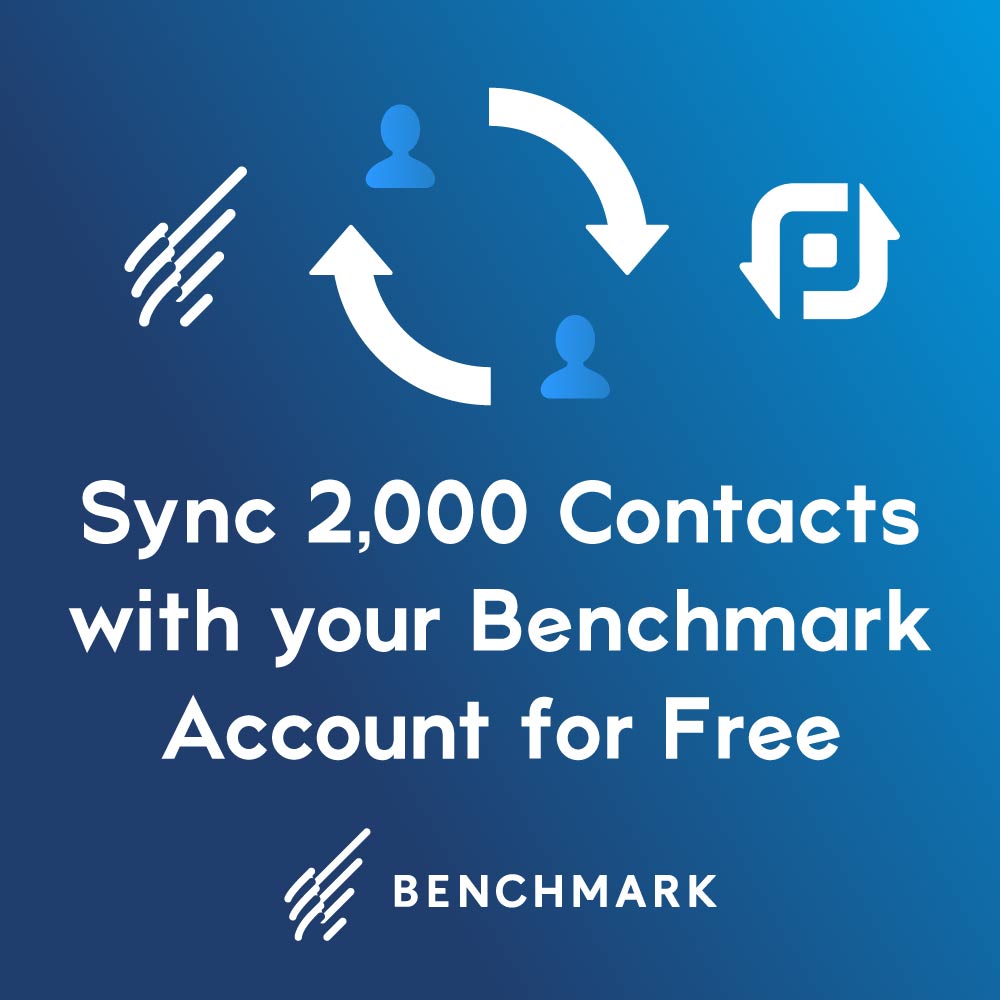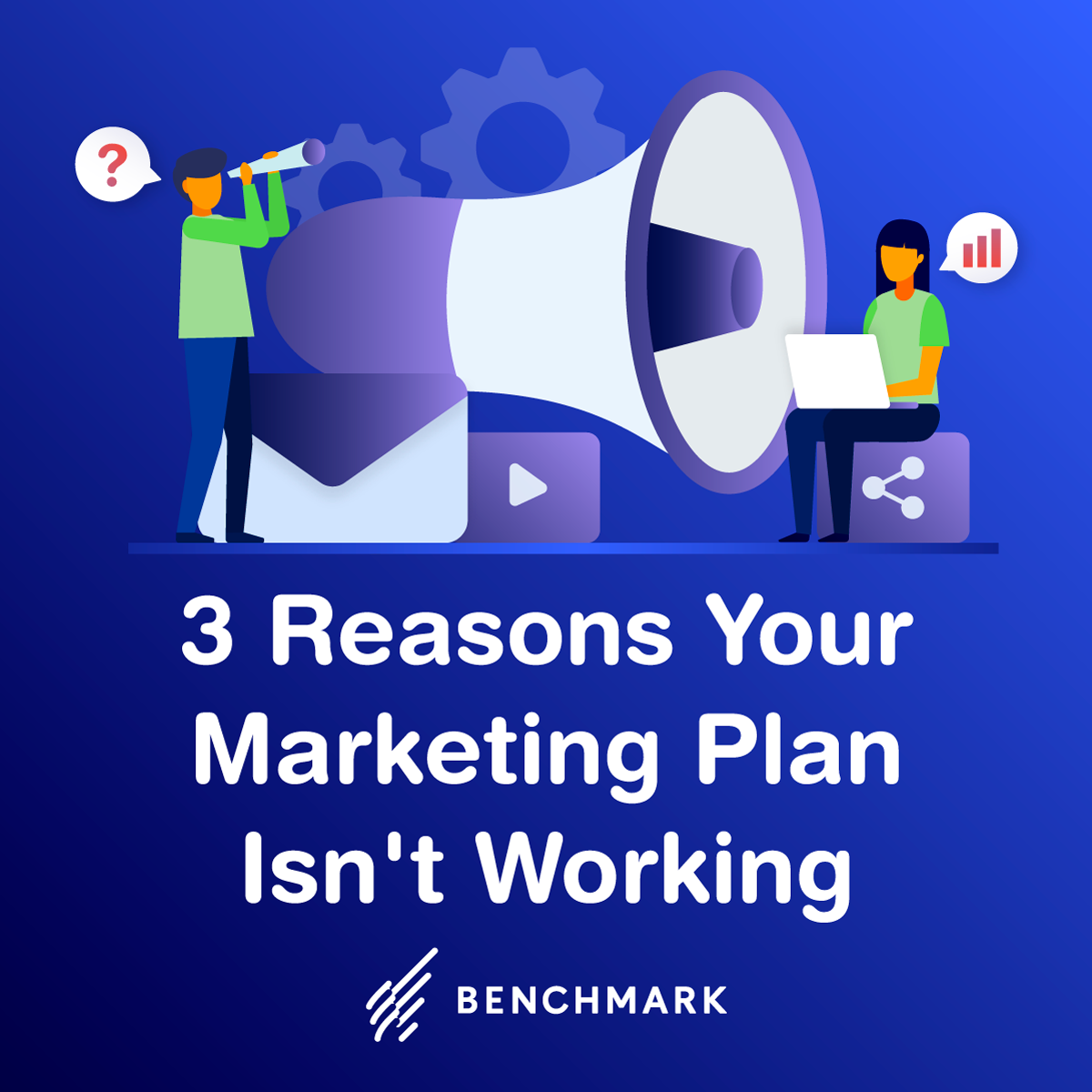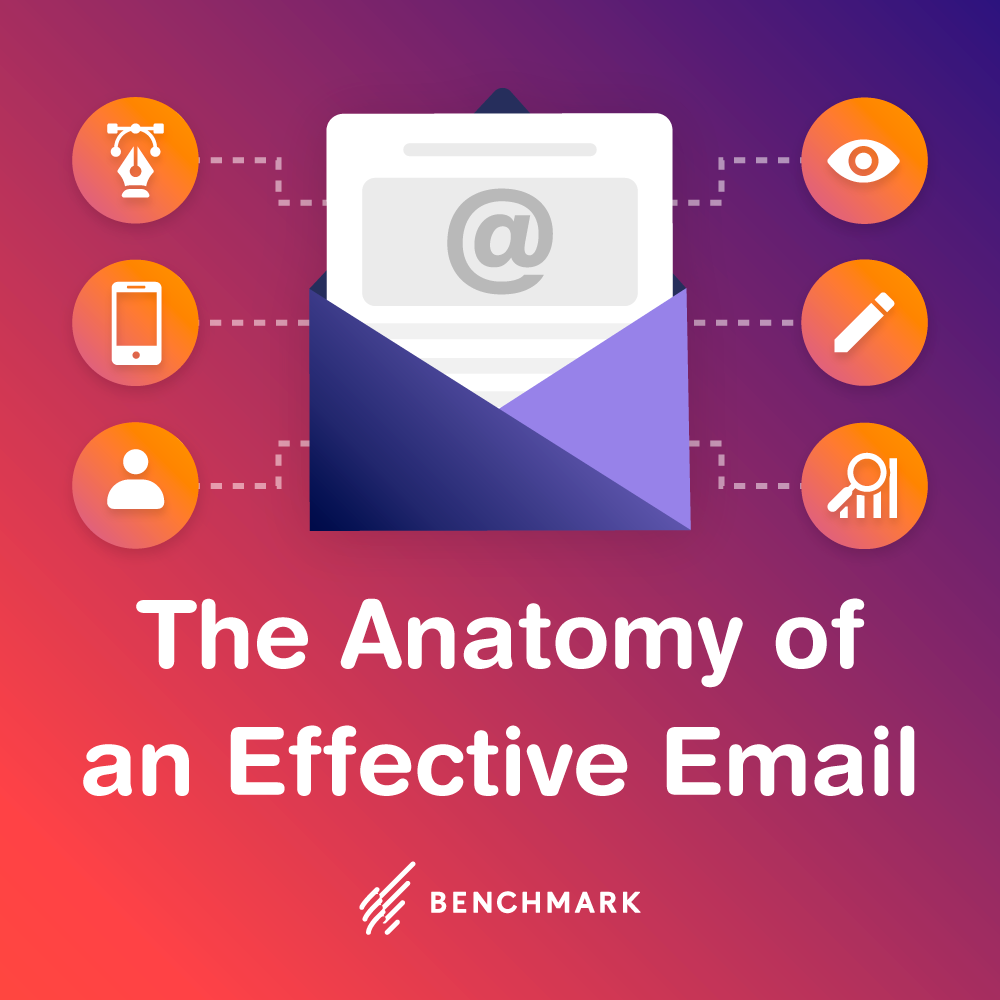The Hyundai Pony was Korea’s first mass-produced car and went on to be a bestseller around the world, including Canada where it was the country’s largest-selling car in the ‘80s. Wags have observed that the reason for the sales was likely that owners needed to buy a second car for spare parts as the Pony had the reliability of a grenade with the pin pulled.
It was definitely a car that made motorists nostalgic for the Yugo. But it was cheap so it sold. This reputation for cheap, fragile, tinny cars haunted Korean manufacturers through subsequent iterations of models, which soon became fodder for late-night standup jokes:
- Why do Hyundais have heated rear windows? To keep your hands warm while you push
- What’s on the back cover of the Hyundai owner’s manual? The bus schedule
- What is a Hyundai at the top of a hill? A miracle
- How do you double the value of a Hyundai? Fill the tank
#1 in Customer Loyalty? Hyundai?
After decades of being the butt of jokes, Hyundai suddenly leapt ahead not only of its own embarrassing brand identity but the entire automotive market. By massively revising (read: revolutionizing) their product line they gained market share faster than any car manufacturer in history.
Both Experian and Kelley BlueBook rated Hyundai as the number one brand in customer loyalty, and yes, that means that the formerly lowly little Korean brand beats Mercedes Benz, BMW, Audi and any other luxury brand you can name.
Hyundai’s Magic Trick
What Hyundai did to pull off this magic trick was basically throw out the blueprints along with the drawing board. The latest cars bear no resemblance to the econoboxes that sullied their dealerships just a few years ago.
Their entry level Accent is now soundly beating standard-bearers Honda’s Civic and Toyota’s Corolla on every possible level: build quality, performance, fuel economy, styling and price.
The same applies to their thoroughly reimagined product line all the way up to their luxocruiser Equus which takes direct aim at unimaginably august automobiles such as the BMW 7-Series, Mercedes S-Class and Audi A8… and trounces them mercilessly. The Equus even comes in a stretch limousine version!
A Hyundai Limo. Really!
Any Rip Van Winkle waking up to the prospect of a Hyundai limo could certainly be forgiven for thinking he is in another dimension. The re-creation of Hyundai from a purveyor of slovenly student/secretary econocommuters to the positioning of an entire full-fledged product line that shellacs the competition from any nation and at any price point was accomplished by:
- Ignoring the past – Determining that its Pony/Excel past was no more relevant to its future than the Edsel is to Ford’s, Hyundai unapologetically aspired to the aura of a world-class brand.
- Building the best – Quality has always been and continues to be a primary driver of sales in any product. By thoroughly reengineering and revitalizing its entire production paradigm, Hyundai has matched or exceeded its competition.
- Making it look good – Hyundai’s swoopy styling has been widely lauded.
- Providing value – Hyundai’s quality is available at far less than its competitors’ comparable models. Hyundais are generally 10-20% cheaper than what would be expected for a similar car, thus powerfully appealing to recession-weary consumers.
Invoking Public Amnesia
Any brand can emulate the Hyundai turnaround business model: All it takes is to realize that no matter what your company’s niche or reputation, it can be thoroughly rehabilitated by offering jaw-dropping products at the best prices around. All of a sudden no one will remember what borderline junk you were trying to push in 2005, 1995 or before, as they’ll be too busy stampeding to your checkout.
How Hyundai managed to leapfrog from ugly duckling to perfect princess is a study in how any brand can reinvent itself in the blink of an eye to gain a phenomenal competitive advantage. It also speaks volumes as to how short the brand memory of the public really is. If your brand can invent the better mousetrap, then it is still true that the world will beat a path to your door.




